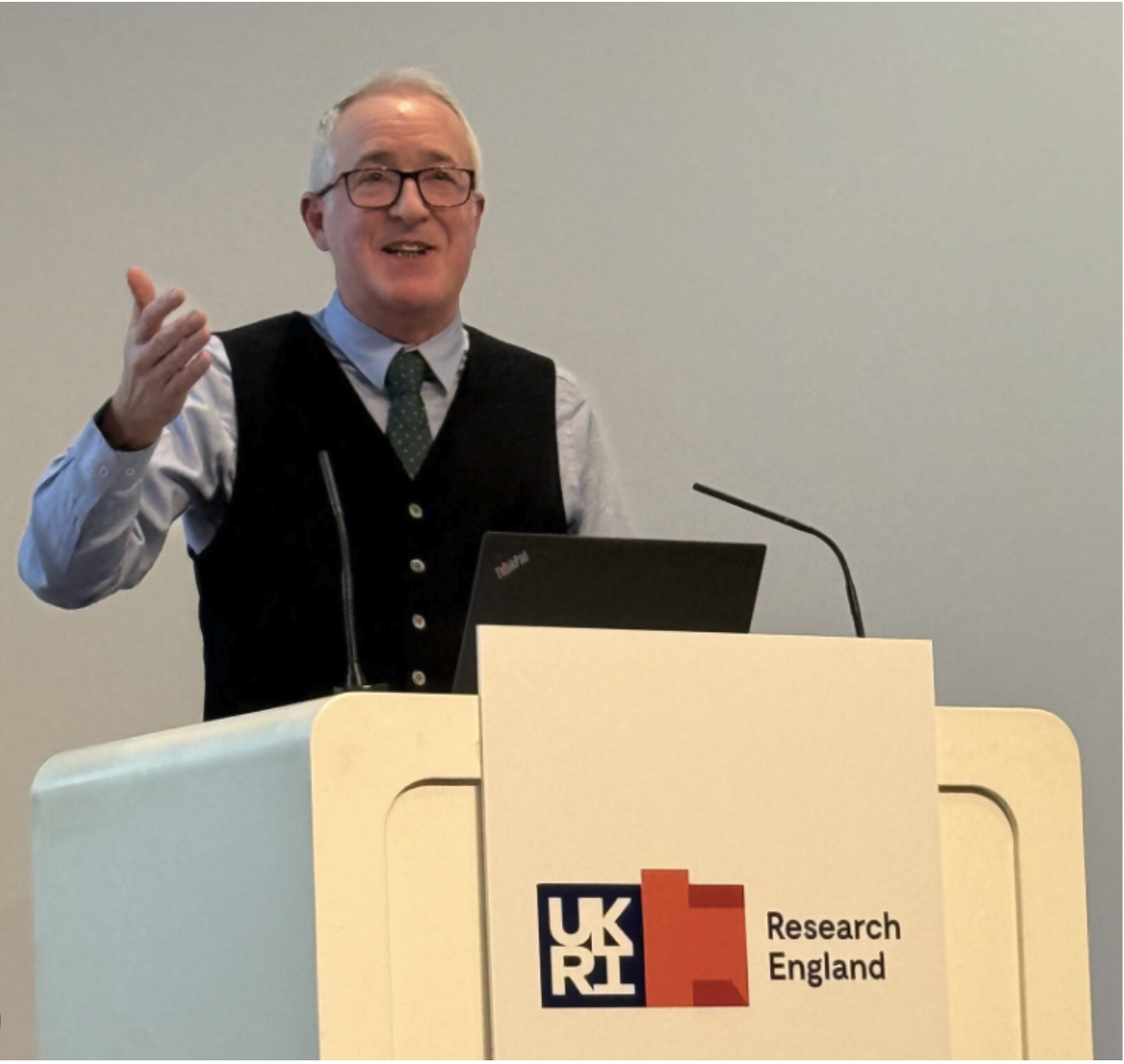TenU Hosts: Startup Teams – Skills
TenU is excited to host an event series to home in on what makes an ideal startup team. TenU Hosts: Startup Teams breaks down and explores the many layers involved in selecting the right people to guarantee startup growth and success. The first event in the series focused on skills.
Running a startup company and leading it towards growth and success requires a certain combination of skills: the ability to build a business plan, create hiring and training plans, develop a brand, oversee resource allocation, act as main point of communication to stakeholders and customer base, create a value proposition, attract investment, and the list goes on. University spinouts also require the technical skills to develop a particular technology or service.
Chaired by Simon Hepworth, Director of Enterprise at Imperial College London, the distinguished panel of TenU Hosts: Startup Teams – Skills featured:
Anne Dobrée, Director of Programming, Cambridge Enterprise
Herman Verrelst, Founding Partner, HERAN Partners
Nii Dodoo-Amoo, Principal, Osage University Partners
Rayner Lim, Innovation Lead - Investment Readiness, Innovate UK UKRI.
The webinar is available as a podcast created in partnership with Global University Ventures:
Three key messages are outlined below.
1. The ability to recruit the right team is a crucial skill for founders
A broad skillset is required to successfully develop a startup. The panel agreed that academic founders bring the key technical skills required to drive the technologies forward, but often lack essential business skills required to bring those technologies to market. Both business skills and effective communication are key, and they can be taught or brought in through recruitment.
For founders, recruitment skills are crucial. Herman described recruitment as involving the assessment of hard and soft skills, experience, and cultural fit within the team, all of which he thought founders could learn with the right mentorship. Anne added that founders needed to also be able to self-analyse to identify both existing skills and areas of need, paying attention to finding alignment among team members and business values. As Rayner put it, ‘the successful commercialisation of a product is a team sport’.
Nii also highlighted the importance of tenacity and determination in navigating startup challenges, especially for highly technical founders who may initially approach entrepreneurship tentatively. In later stages, the key requirements shift towards focus, sales expertise, business acumen, and the ability to construct an effective team.
2. Government and universities play a pivotal role in training academics to become successful entrepreneurs
Herman advocated for training programmes organised by universities and the government to address gaps in knowledge, particularly related to sales, marketing, finance, and industry-specific challenges. While the learning process cannot be rushed, proper support systems can add significant value to the entrepreneurial journey.
Anne introduced Founders at University of Cambridge, a 12-week pre-seed accelerator, to expedite the early stages of spinout development. This programme aims to prepare founders for fundraising and team building, highlighting that the focus is not only on the founders' skills but also on those of the entire team. Founders are strategically paired with mentors and successful entrepreneurs to introduce them to the day-to-day experiences through practical guidance. The initiative also includes collaborations with MBA students and international individuals who aspire to entrepreneurship, enriching the diverse skill set within the startup ecosystem.
Rayner described Innovation UK’s ICURe Programme, which focuses on four offerings, Engage, Discover, Explore, Exploit, aiming to provide entrepreneurship training for academics at all levels. Understanding the value proposition and articulating ideas in a business manner is imperative – getting the message across in a short time is a key skill that needs to be developed. He also highlighted the pivotal role of the UK government in connecting academia with industry, particularly considering that only a minority of all startups are actually university spinouts.
3. Creating the right mindset is key
Nii explained that an evaluation of the best returns of Osage University Partners’ portfolio concluded that the most successful individuals were graduate CEOs – those who completed their PhD and immediately started a company. This archetype, characterised by motivation, determination, high capability, and growth potential, outperformed other categories, including C-suite executives, serial entrepreneurs, and professor-turned-CEOs. Herman also highlighted the lack of fear and raw enthusiasm of graduate founders. He applauded their open-minded problem-solving skills, confidence in their own ability to learn and succeed and ability to invent and adapt to new solutions in emerging industries.
The experience of other more seasoned archetypes is also required for success. Nii expressed a preference of a composition comprising a graduate student as CEO and a professor in the role of CTO. As the company progresses, the CEO may hire additional leadership, striking a balance between fostering their growth and bringing in industry-experienced individuals for guidance. Nii emphasised the importance of recognising when a CEO's capacity aligns with experienced guidance or when a shift in leadership roles is necessary, often occurring in later funding rounds (Series B and C). Anne emphasised the value of a good executive chair who can guide and step back when needed.
TenU is an international collaboration of leading technology transfer offices formed to share effective practices in research commercialisation with government and higher education communities, in order to increase the societal impact of research. TenU is funded by Research England and hosted by Cambridge Enterprise.




